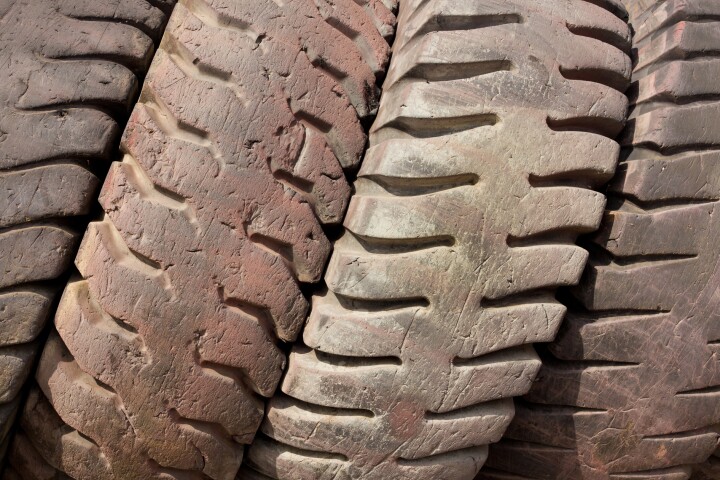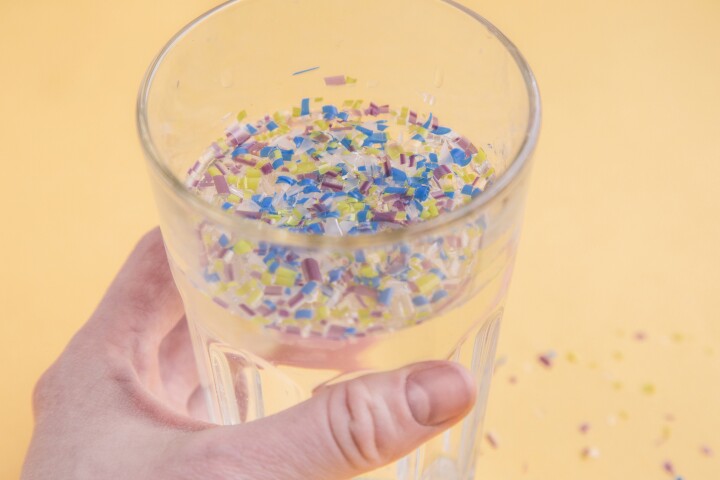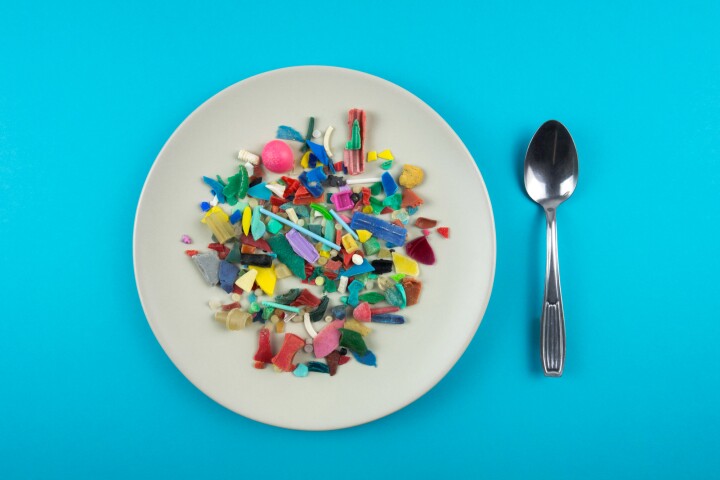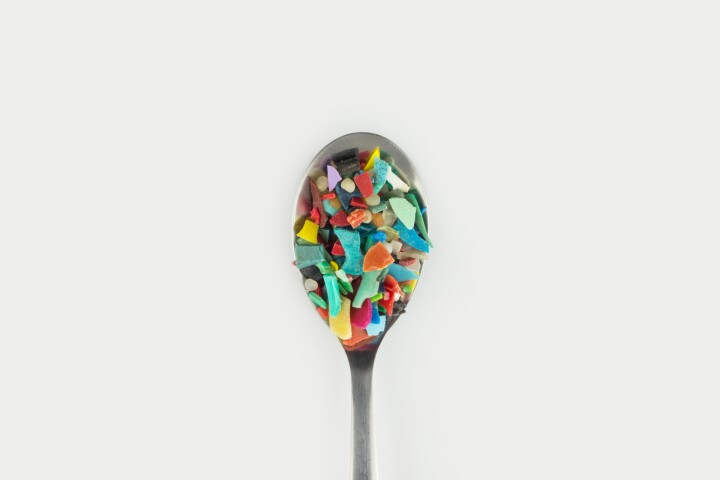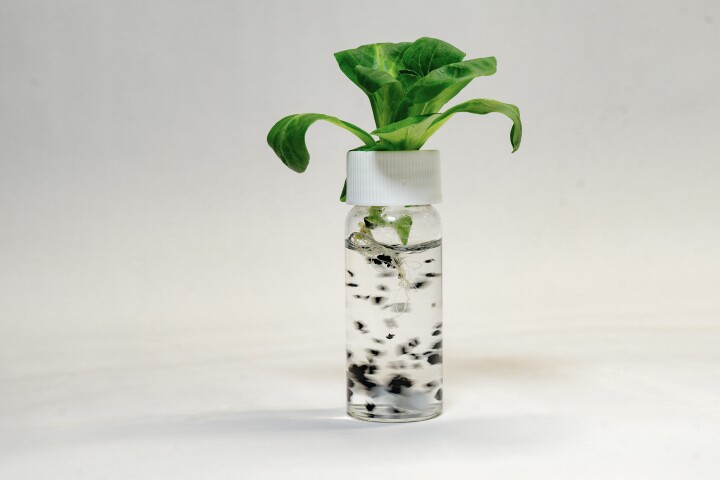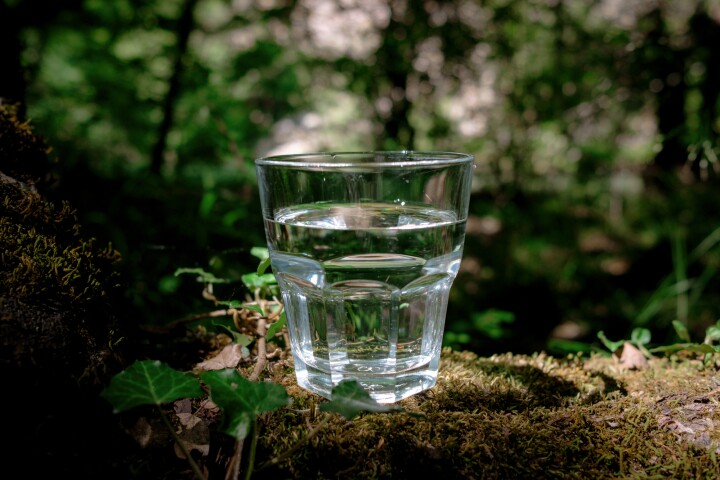Microplastic
-
A study has found that sex toys are an overlooked source of microplastics and phthalates, both of which can be toxic to humans. The findings highlight the need for greater regulation of the sex toy industry to ensure consumer safety.
-
Years before Samsung and others started tackling microplastic from machine washes escaping into the environment, there was Slovenia-based PlanetCare. Now the company has announced its second-generation external filter.
-
Researchers have found that tire wear and tear is a major contributor to urban waterway pollution, producing particulate matter that includes microplastics. But they also found effective ways of reducing this type of potentially harmful pollution.
-
A study has found that glitter negatively affects the growth of cyanobacteria, an important player in aquatic ecosystems and a key component of marine food webs, highlighting the importance of reining in the use of this stealthy microplastic.
-
Researchers may have found an effective, green way to remove microplastics from our water using readily available plant materials. Their device was found to capture up to 99.9% of a wide variety of microplastics known to pose a health risk to humans.
-
Microplastics are everywhere. Now, two new studies have further examined microplastics’ effect on our health, with one finding that they cause brain inflammation and the second finding them in the heart, a completely enclosed organ.
-
At CES 2023 in January, Samsung hatched a plan to stem the tide of microfibers shed during washing cycles from entering seas and oceans via a special wash program and an external filter. Now that Less Microfiber Filter has launched.
-
Globally, micro- and nanoplastics and plastic additives are widespread across our food supply. While we have an understanding of how they get there, there remains a massive gap in what we know about their effects on our health.
-
There’s no debate that microplastics present an ever-increasing ecological and health threat, but given their size, they're incredibly hard to remove from water. Now, some scientists believe sound waves and microfluidic technology may hold the key.
-
Scientists have described a new disease called plasticosis, caused by – you guessed it – plastic waste. So far it's only been identified in the digestive tracts of seabirds, but the scale of the problem suggests it could be widespread in other species.
-
A new study shows that lettuce readily takes up particles produced from rubber car tires as they roll along our roadways. The research is part of a growing body of evidence that materials we use everyday are flowing back into our food supply.
-
Microplastics are a growing environmental problem, but now researchers in Korea have developed a new water purification system that can filter out these tiny fragments, as well as other pollutants, very quickly and with high efficiency.
Load More


